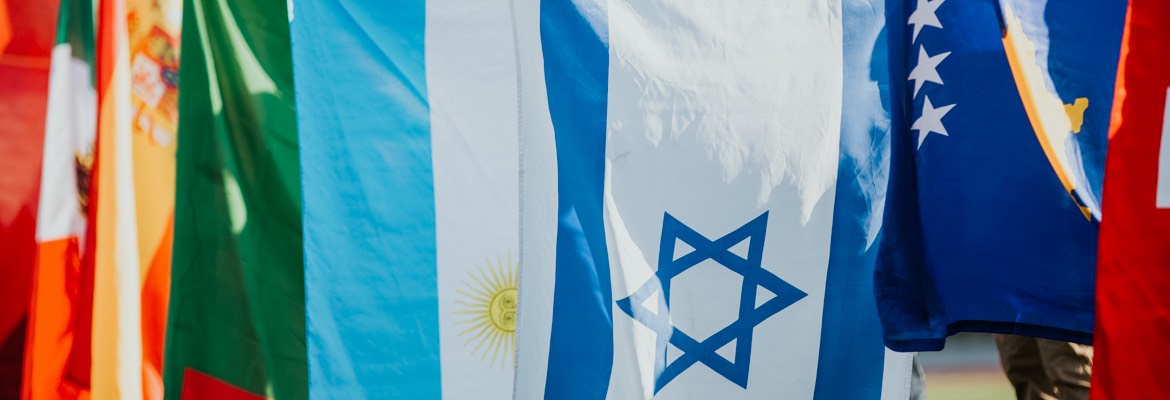Minor in International Relations

Overview
The international relations minor provides students with knowledge about the key ideas, institutions and actors involved in global politics. It also develops critical thinking, research, writing and diplomacy skills, as well as attitudes about human nature, society and the world, reflecting Christian ethical principles in foreign affairs. With these skills and knowledge, students minoring in international relations are prepared to impact the world for Jesus Christ in the diverse callings of politics, missions, business and others.
What Will I Study?
Students in the international relations minor take a range of upper-division political science courses that prepare them to:
- Demonstrate a working knowledge of fundamental theories in international relations and demonstrate basic familiarity with key global institutions, actors and world geography.
- Justify foreign policy prescriptions and evaluate international issues based on scriptural and ethical principles.
- Demonstrate basic competence in both policy analysis of international issues and in professional communication.
Courses
Below are the course requirements for this academic program. In addition to these program-specific requirements, all majors include Biola's traditional undergraduate core curriculum. For more program details, including a sample course sequence, visit Biola's academic catalog.
Mission
The mission of the International Relations minor is to provide students with the knowledge (about the key ideas, institutions, and actors involved in global politics), skills (critical thinking, research, writing, and diplomacy), and attitudes (about human nature, society, and the world, reflecting Christian ethical principles in foreign affairs) needed in order to impact the world for Jesus Christ in the diverse callings of politics, missions, business, and others.
Minor Learning Outcomes
Upon completion of the International Relations minor students will be able to:
- Demonstrate a working knowledge of fundamental theories in international relations and will demonstrate basic familiarity with key global institutions, actors, and world geography (ULO 1).
- Justify foreign policy prescriptions and evaluate international issues based on scriptural and ethical principles (ULO 2).
- Demonstrate basic competence in both policy analysis of international issues and in professional communication (ULO 3).
Each Program Learning Outcome (PLO) listed above references at least one of the University Learning Outcomes (ULO 1, 2, 3), which may be found in the General Information section of this catalog.
Curriculum Requirements
A Minor in International Relations is offered with the completion of 18 credits. For Political Science majors, no more than 6 credits from the major may count toward this minor.
| Code | Title | Credits |
|---|---|---|
| Program Courses | ||
| POSC 208 | World Politics | 3 |
| POSC 308 | Foreign Policy and Diplomacy | 3 |
| Select 12 credits from the following. Credits for Experiential Learning (see below) may count toward the 12 required credits in this section. | 12 | |
| National Security Strategy and Military Affairs | ||
| Politics of Global Terrorism | ||
| Wealth and Justice | ||
| International Organizations and Political Economy | ||
| Strategic Intelligence | ||
| Human Rights: Justice and Foreign Policy | ||
Students may select one of the following: | ||
| The Islamic City | ||
| Arab-Israeli Conflict | ||
| History of Israel and Zionism | ||
| Muslim, Jewish and Christian Relations | ||
| Experiential Learning Courses: | ||
| Students may only apply 6 credits of the following courses. Credits earned from experiential learning count toward the 12 elective credits needed to complete the minor. | ||
| Internship in Political Science | ||
| Liberty and the Free Market in England 1 | ||
Off-campus study experience (Limit of 3 credits) 1 | ||
| Total Credits | 18 | |
- 1
Students in the IR minor are strongly encouraged to either study abroad for a semester, or to participate in a faculty-led study tour with the Political Science Department, such as POSC 240.